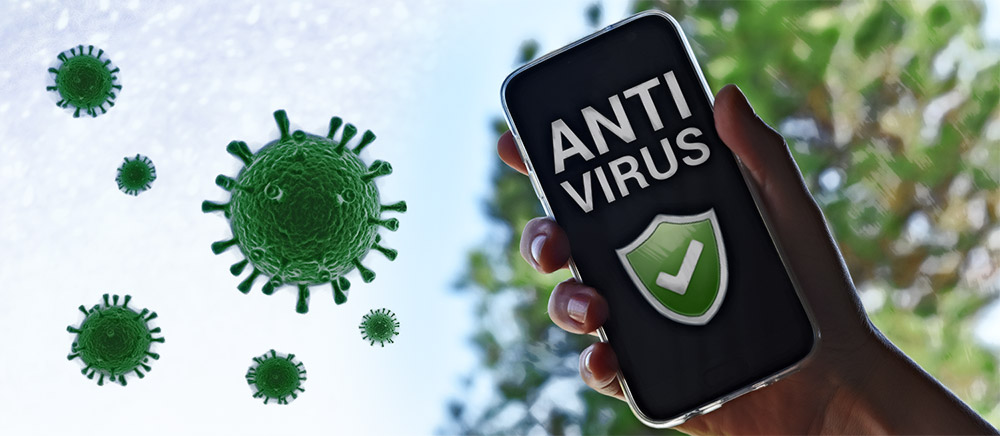
Virus scanners on the market, both Android and iPhone, are hugely popular with virus killers.
Over 280 virus killer out there for Android users and not much less for iPhone users. We explain why all these apps do not provide protection – they pretend to be a protection to convey a sense of security. The goal is to motivate the user to buy the app. However, protection is almost only the good conscience, because this is mostly about so-called bogus apps.
- iPhone users : Why the iPhone does not allow virus scanners
- Android users: Why virus killers are not needed
iPhones virus scanner
Apple does not allow a single app on iTunes, which would be close to a risk for the smartphone – in short: Any app that you install as an iPhone user from iTunes is already 100% secure.
Because every app developer has to have his app reviewed by Apple, which can take up to 6 weeks. And apps that do not conform to Apple’s guidelines are constantly being rejected. In addition, Apple has built all devices so that apps are treated separately from the rest of the system – the principle is called “sandboxing”. Thus, a malicious software has no way to influence the iPhone or make changes there. Apple prohibits even the virus killer access to system resources on the iPhone.
Even if you have installed a virus killer and the iPhone would be infected with a virus, so the virus killer can do nothing. Neither virus nor virus killer thus have no possibilities or rights to access other system resources of the iPhone. A search in relevant Internet forums and blogs can be read, that tens of thousands of people are looking for good virus killer for the iPhone … but there is not a single case about whether someone has actually been infected by a virus. So, the question arises, what manufacturers offer virus killer for the iPhone at all? Quite simply: There is a demand, so there are also apps for it – the virus killer on the iPhone have been created so to speak for show purposes and should ultimately move the user to buy the app.
Virus scanner on Android smartphones
At the Google I / O conference, security chief Adrian Ludwig of Google made it clear that 99 percent of all Android users do not benefit from anti-virus software.
True, virus scanners for Android systems are in vogue, but the discussion is overdone. Unlike iPhones, where the operating system is completely blocked from access and thus a virus can not install, there are still some ways Android, how a virus can find the system. However, these are extremely unlikely, so that viruses on Android system are virtually absent.
First of all, it can not be said that viruses can not install themselves through the Google Play platform because Google checks all apps thoroughly before they even get approved on the platform. Ultimately, however, the danger threatens when users download apps from third-party websites, or open email attachments that contain apps. While iPhone does not even allow such software, Android is a bit more permissive. Nevertheless, Android has provided with a very important security mechanism. Whether virus or not, each app must be manually approved by the user before it can access system resources. Anyone who accidentally installed a virus through unreliable sources on their Android smartphone would also have to manually release the virus and access the system resources with a hassle. This barrier makes the virus attack extremely rare. For this reason, there are very few to no virus programmers who focus on the Android operating system.
The cases of virus-infested Android smartphones are therefore countable on the hand. If you still want to be sure and doubt your own common sense, you can protect yourself against this extremely rare case with a virus killer. The big and reputed vendors like McAfee, Norton und Avira are already available in Their standard packages also provide additional protection for Android systems.







